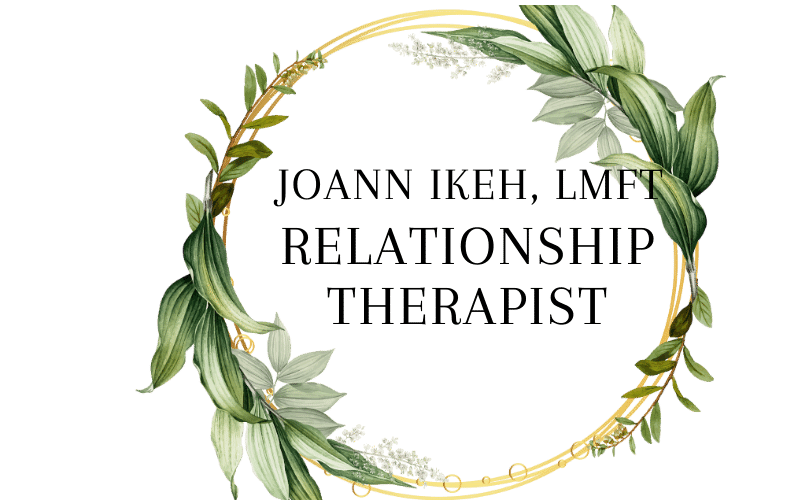Anxious Attachment
Anxious attachment, is a type of attachment where the individual is overly dependent on their partner for emotional support and validation. People with anxious attachment often fear rejection and abandonment, and this fear can lead to clingy behavior and a constant need for reassurance. It’s not uncommon for people with an anxious attachment style to feel secure and confident in most other areas of their lives but then feel like they act a little crazy in their romantic relationship.
Individuals with anxious attachment may exhibit a range of behaviors in relationships, including:
Neediness: They often seek constant reassurance and validation from their partners, fearing that their partner may leave them if they don't receive enough attention.
Jealousy: They tend to feel jealous and insecure in their relationships, assuming their partner may find someone better.
Clinginess: They often want to spend every moment with their partner and may struggle with alone time.
Overthinking: They tend to overthink their relationship and its dynamics, often jumping to worst-case scenarios.
Difficulty setting boundaries: They struggle with setting boundaries and saying no to their partner, as they fear it will lead to rejection.
Fear of abandonment: They have an intense fear of abandonment, which can cause them to behave in ways that push their partner away.
Anxious attachment can be challenging to navigate in relationships, as it can lead to a cycle of neediness and push-pull dynamics that can create conflict and strain the relationship. People with anxious attachment may also struggle with self-esteem and confidence, as they are highly dependent on external validation.
However, it is possible to develop a more secure attachment style through therapy and self-awareness. By learning to identify and challenge negative thought patterns and developing healthy coping mechanisms, individuals with anxious attachment can learn to trust and rely on themselves, creating a more secure and stable foundation for their relationships. Also your partner can assist by showing consistently that they are available for you and can help you challenge your unhelpful thoughts that may be leading to behaviors that push them away.
Joann Ikeh, LMFT
Onlinecouplecounseling.com


